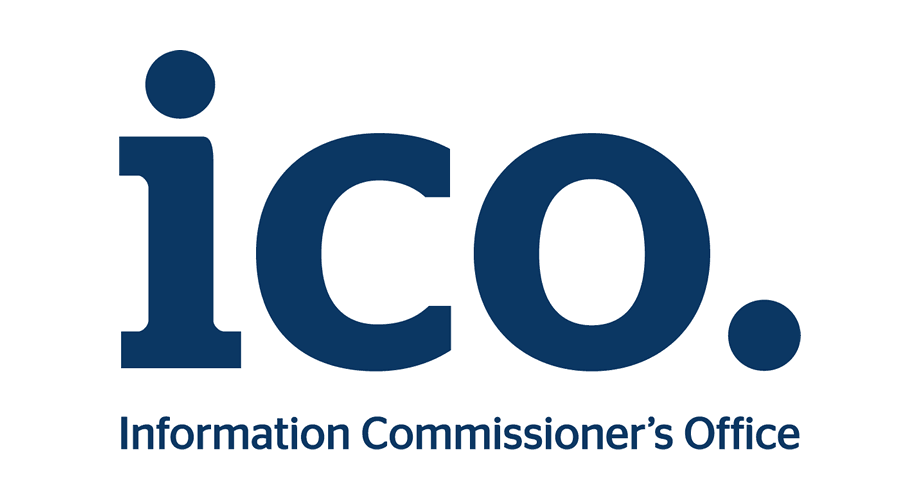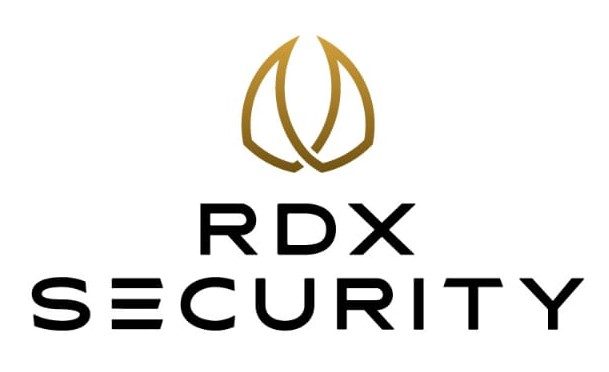Understanding Section 431 Election: Should you sign it?
- December 2024
- 5 minutes
 What is Section 431 Election?
What is Section 431 Election?
If you sell shares acquired due to your employment, you may face an income tax liability. However, making a Section 431 election (under the Income Tax (Earnings and Pensions) Act 2003) can help. This election ensures that any taxable gain on a future sale of the shares is taxed at capital gains tax rates—typically lower than income tax rates.
Section 431 Election is a provision under the UK’s Income Tax (Earnings and Pensions) Act 2003. It primarily applies to employment-related securities, such as restricted shares. This election allows employees and employers to agree to treat shares as if they were acquired at their unrestricted market value (UMV), rather than their actual market value (AMV), at the time of acquisition.
The key advantage is that this shifts potential future gains from being taxed as income (often at higher rates) to being taxed as capital gains (usually at lower rates) when the shares are sold. You will be charged at higher price when the shares are issued to you but when the shares are sold, the tax liability will be lower due to the transaction being capital in nature. This transaction won’t be targeted by ERS rules to generate high taxes.
 Employment-Related Securities (ERS) Rules
Employment-Related Securities (ERS) Rules
Shares issued as part of your employment, such as during the sale of a company you work for, are subject to special tax rules known as employment-related securities (ERS) rules. These rules aim to address certain types of shares, including restricted shares.
 What Are Restricted Shares?
What Are Restricted Shares?
Restricted shares often have limitations, such as restrictions on voting rights, dividend entitlements, or transferability. For instance, employees may receive shares with equal voting and income rights but cannot transfer them without approval. These restrictions reduce the shares’ value.
For tax purposes, restricted shares are assessed in two ways:
- Actual Market Value: The real value of the shares, accounting for restrictions.
- Unrestricted Market Value: The value of the shares if no restrictions applied.
If you acquire restricted shares at less than their actual market value, the difference between the price you paid and the actual market value is treated as taxable income. Furthermore, unless you paid the unrestricted market value upfront (which is rare), part of the shares’ growth in value may be taxed as income rather than capital when you sell them.
 How to Avoid a Tax Trap
How to Avoid a Tax Trap
A Section 431 election allows you to address this tax risk by choosing to pay tax upfront on the difference between the actual and unrestricted market values at the time the shares are issued. While this may mean a higher initial tax bill, the election ensures that any future gain is taxed at capital gains tax rates rather than income tax rates, potentially reducing your overall tax liability.
To be valid:
- The election must be signed by both you and the company within 14 days of receiving the shares.
- The document doesn’t need to be sent to HMRC but must be kept as evidence in case of an HMRC inquiry.
- The company must report the share issue to HMRC and indicate whether an election was made.
 Benefits and Risks of a Section 431 Election
Benefits and Risks of a Section 431 Election
The main advantage of making a Section 431 election is protecting your tax position on the eventual sale of the shares. Without the election, any growth in value could be taxed as income rather than capital, which is less favourable.
However, if the shares lose value, you might end up paying more tax upfront than necessary. Thus, making this election is a calculated gamble, generally worthwhile if you expect the shares to appreciate.
 Key Benefits of Section 431 Election
Key Benefits of Section 431 Election
- Lower Tax Rates on Future Gains: Any growth in the value of shares is taxed under Capital Gains Tax (CGT) rather than Income Tax.
- Upfront Tax Clarity: Employees can pay Income Tax on the full unrestricted value at acquisition, avoiding complications at the time of sale.
- Avoiding NIC Charges: Employers may reduce exposure to National Insurance Contributions (NICs) on share-related income.
- Simplifies Tax Planning: Ensures a straightforward tax treatment for shares, minimising risks of unexpected liabilities.
 Potential Risks
Potential Risks
- Immediate Tax Liability: Employees must pay Income Tax on the difference between the price paid for the shares and their UMV at the time of acquisition, which could be significant if the share value drops later.
- Administrative Burden: The election must be made within 14 days of acquiring the shares, requiring prompt action from both parties.
 FAQs About Section 431 Election
FAQs About Section 431 Election
1. Do I have to file the election with HMRC?
No, the election form is not filed with HMRC but must be retained by both parties for record-keeping.
2. What happens if I don’t make a Section 431 Election?
Without the election, any value gain from restrictions lifting on shares is taxed as income, often at higher rates than capital gains tax.
3. Can I make the election after the 14-day window?
No, the election must be made within 14 days of acquiring the shares. Failing to do so means the opportunity is lost.
4. Is it always beneficial to make a Section 431 Election?
Not necessarily. If the shares decline in value, you might end up overpaying tax upfront. However, if the shares are expected to appreciate significantly, the election is often advantageous.
5. How does this affect National Insurance Contributions (NICs)?
Making a Section 431 Election can help mitigate future NIC liabilities by addressing the unrestricted value at acquisition.
 Appoint TaxQube to manage your taxes
Appoint TaxQube to manage your taxes
We help taxpayers in the UK to ensure compliance with HMRC – It is a legal responsibility. If you need help in submitting your Tax reports or accounts preparation, please do feel free to get in touch with us by completing the contact us form.































